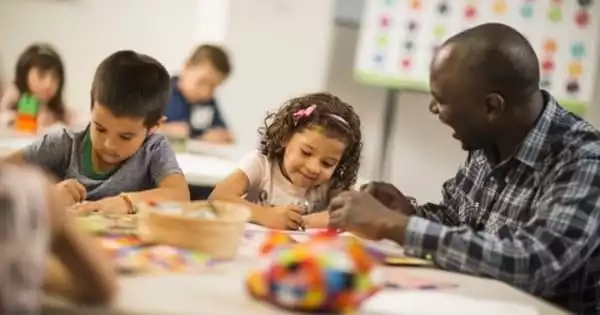Parental supervision refers to the monitoring and guidance provided by parents to their children in order to ensure their safety, well-being, and development. This can take many forms, including direct supervision, setting boundaries and rules, and providing support and guidance in decision-making.
It also known as adult supervision is a parenting technique that entails watching over or monitoring the activities of a child. Young children are generally incapable of caring for themselves and are unable to make informed decisions about their own well-being. As a result, they require supervision or, at the very least, guidance or advice from their parents or another adult in loco parentis.
Parental supervision is especially important during a child’s early years when they are developing important skills and forming their personality. Effective parental supervision can help children develop positive habits, values, and attitudes that will serve them well throughout their lives.
Some specific ways that parents can provide supervision include monitoring their children’s online activities, setting curfews, monitoring their children’s relationships with peers, and being involved in their children’s education.
While parental supervision is important, it’s also important for parents to strike a balance between being supportive and being overbearing. Overly restrictive or controlling parents may inadvertently inhibit their children’s growth and development, while parents who are too permissive may fail to provide the guidance and structure that their children need. Finding the right balance is key to effective parenting.
Physical supervision
The most basic form of parental supervision is required to keep children from injuring themselves or others, as well as to keep them away from potentially dangerous objects and situations. Very small children require constant supervision and care; failure to provide this is considered neglect. Some parents are unaware of the importance of supervising children aged 1 to 18. Guidance is required until the child is 25 years old, at which point the judgment centers have matured. Making decisions that affect life and death requires judgment.
The legality of latchkey kids’ “alone time” varies by country, state, and locality. In most of the United States, state and local laws do not specify a specific age under 18 when a child can be legally left alone. Children under the age of 8 cannot be left at home alone in Georgia, Maryland, or North Carolina; 9 years old in North Dakota; 10 years old in Oregon, Tennessee, or Washington; 11 years old in Michigan; 12 years old in Colorado, Delaware, or Kansas; and 14 years old in Illinois.
















